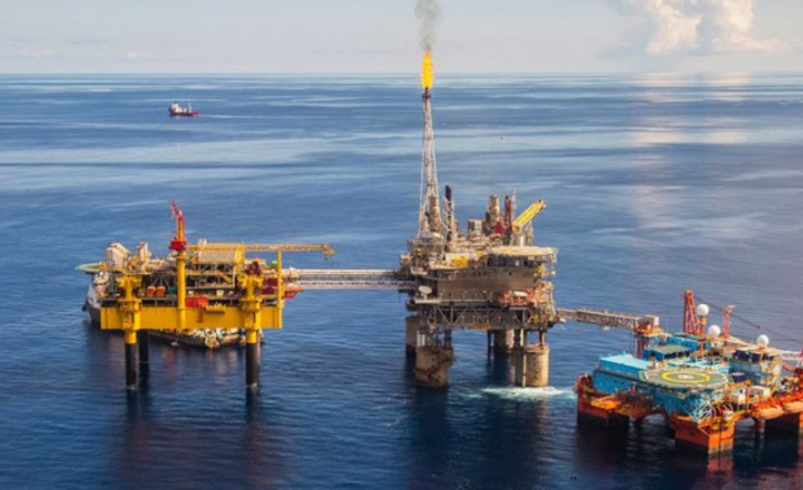DOE pushes local gas with new oversight committee
- September 9, 2025
- 0

The Department of Energy (DOE) has rele
Department Circular No. DC2025-09-0013, signed on September 1, 2025, takes effect immediately upon publication. The guidelines implement Republic Act No. 12120, or the Philippine Natural Gas Industry Development Act, signed by President Ferdinand “Bongbong” Marcos in January 2025, as well as provisions of the 1987 Constitution and related energy laws.
Under the rules, power plants must use local natural gas first, resorting to imported liquefied natural gas (LNG) only when domestic supply is insufficient. Pricing for indigenous gas will be benchmarked against international crude oil, LNG, or liquid fuel indices, with adjustments based on six-month averaging and quarterly reviews.
According to the DOE circular, these measures aim to secure long-term energy supply, shield consumers from price volatility, and promote upstream gas exploration as the Philippines shifts toward greater reliance on renewable energy.
The new rules also introduce a gas aggregation mechanism, which allows the blending of domestic gas with imported LNG for resale in the local or international market. In addition, midstream infrastructure must be made accessible on fair and transparent terms to encourage competition.
To oversee implementation, the DOE created the Indigenous Gas Prioritization Review and Evaluation Committee (IGP-REC). The body, chaired by the Supervising Undersecretary for the Energy Resource Development Bureau (ERDB) and the Oil Industry Management Bureau (OIMB), will review pricing methodologies, monitor compliance, and resolve issues affecting indigenous gas development. It will be supported by a technical working group led by the ERDB Assistant Director.
How might these guidelines impact operations in the Philippine energy sector? Share your views in the comments below.
Follow Power Philippines on Facebook and LinkedIn or join our Viber community for more updates.
Photo credit: Philippine News Agency